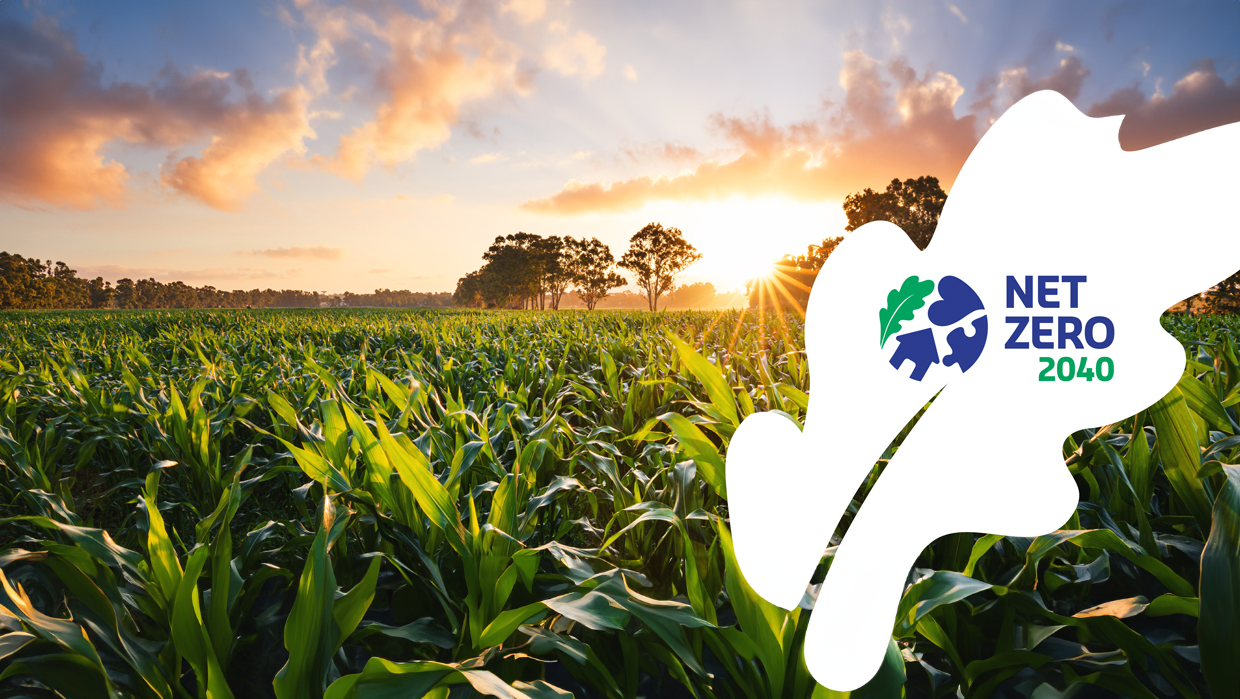-33%
reduction in FY22 across our scope 1, 2 and 3 GHG emissions compared with our FY17 baseline

Our comprehensive roadmap to net zero and complete decarbonisation Social Impact
We have been on our journey actively tackling our climate impacts for over a decade following our partnership with WWF who have supported us in measuring and reducing our carbon footprint.
![]() We set a baseline in 2017 that covered not just our scope 1 and 2 direct operations, but all scope 3 categories across our value chain.
We set a baseline in 2017 that covered not just our scope 1 and 2 direct operations, but all scope 3 categories across our value chain.
Scope 1 emissions relate to those emissions that we make directly, including the fuel we use in our vehicles and the heating of our offices. Scope 2 emissions refer to the indirect emissions from the generation of purchased electricity, such as powering our offices. Scope 3 refers to all other indirect emissions that occur in our value chain, including supply chain, business travel, employee commuting, and client site energy and waste.
In 2023, we had both our near and long-term science-based targets validated by the Science Based Targets initiative (SBTi), as we prioritise decarbonisation to reach net zero*. Our comprehensive regional roadmap and transition plan to reach net zero by 2040 outlines our targets and key actions.
Our near-term target** is to reduce scope 1, 2 and 3 GHG emissions by 55% by 2030 and we will reach net zero once we have achieved our long-term target*** of reducing scope 1, 2 and 3 GHG emissions by 90% by 2040, with any remaining emissions neutralised.
We have seen our carbon footprint increase slightly as our operational levels transition and adapt post-pandemic. Overall, we have recorded a -33% reduction in FY22 across our scope 1, 2 and 3 GHG emissions compared with our FY17 baseline.
Our Net Zero transition plan details how we will meet our climate goals, which includes:
Our latest GHG (green house gas) emission data is available here. (updated December 2023).